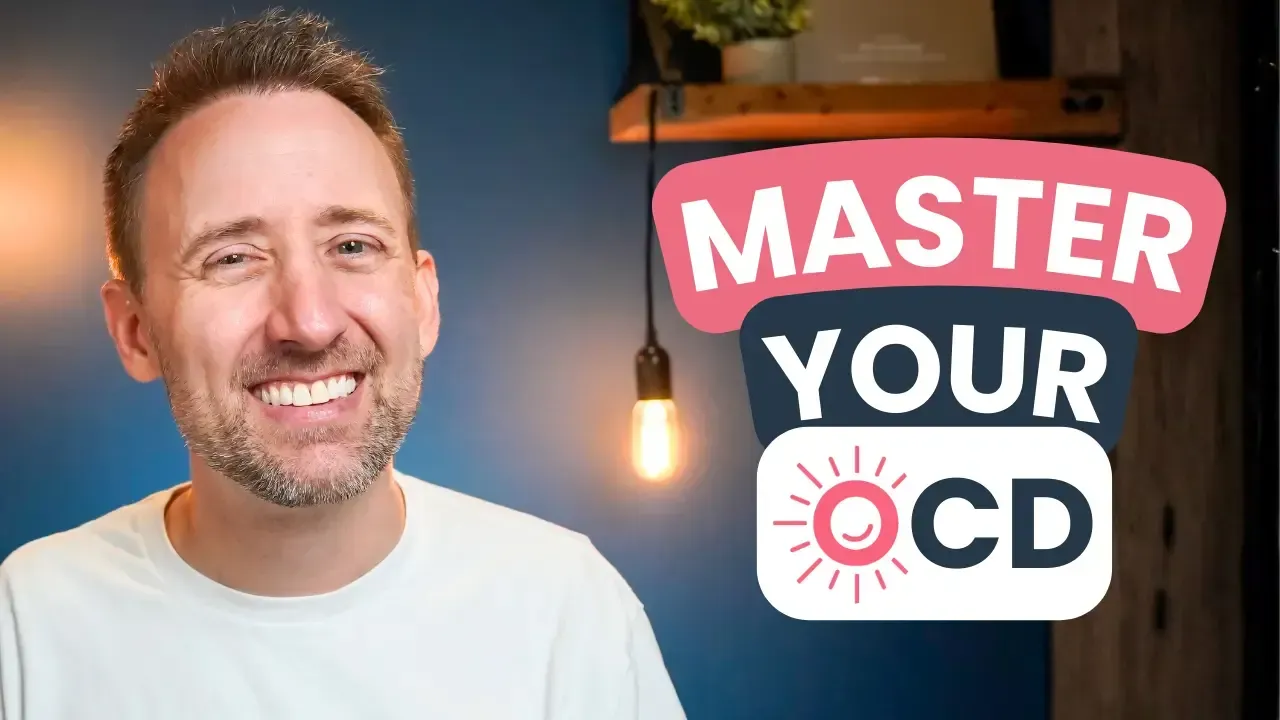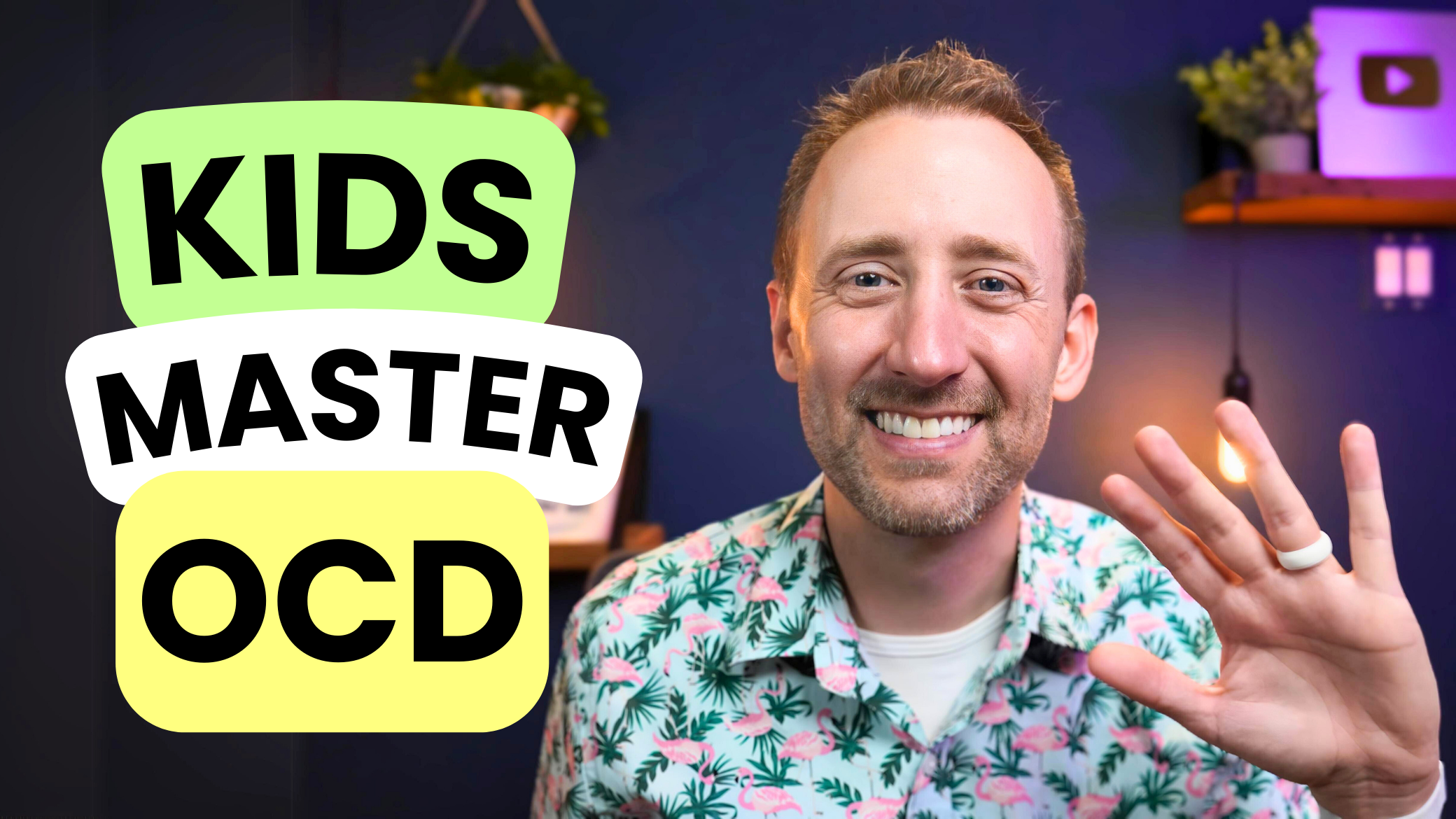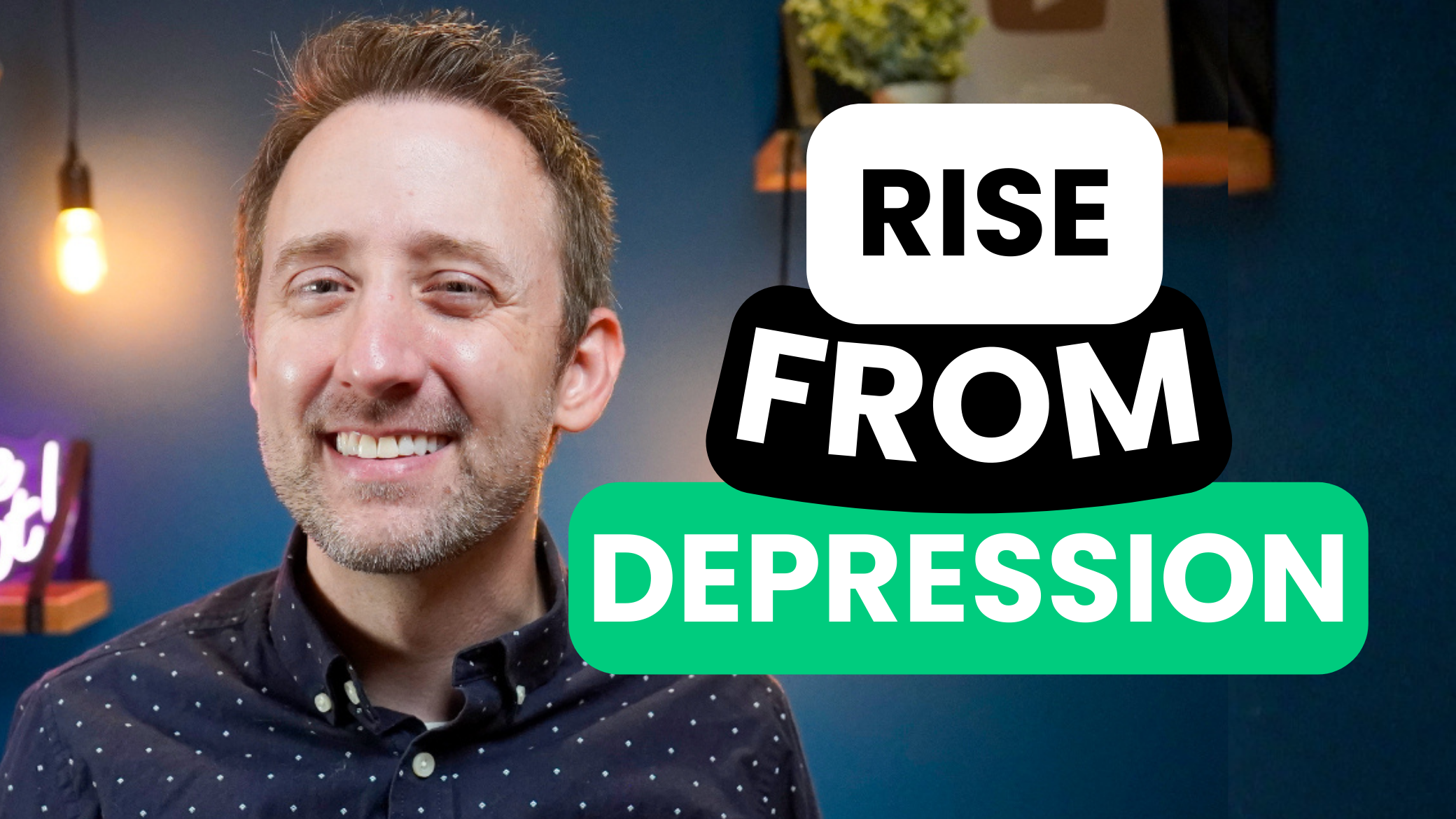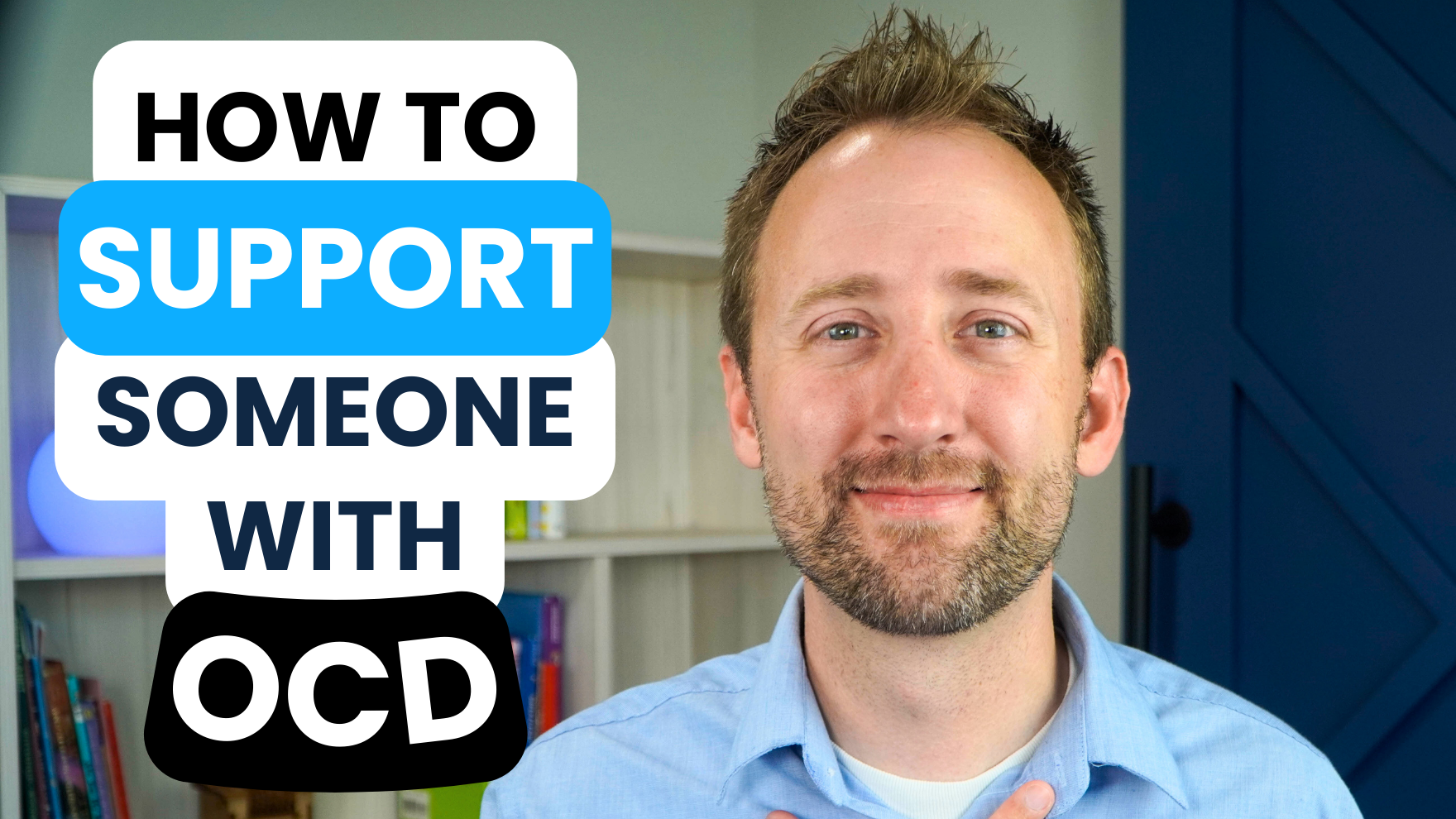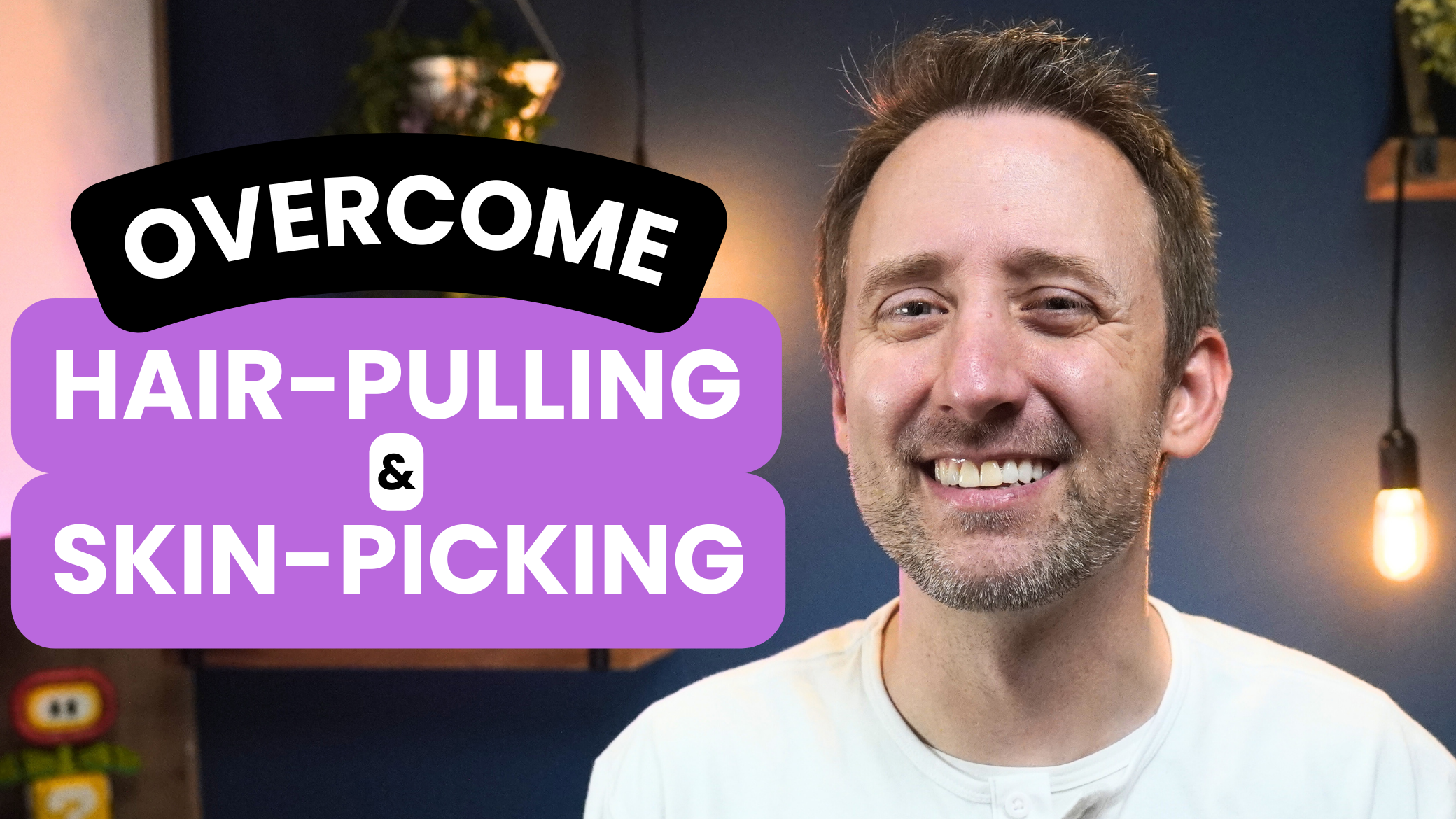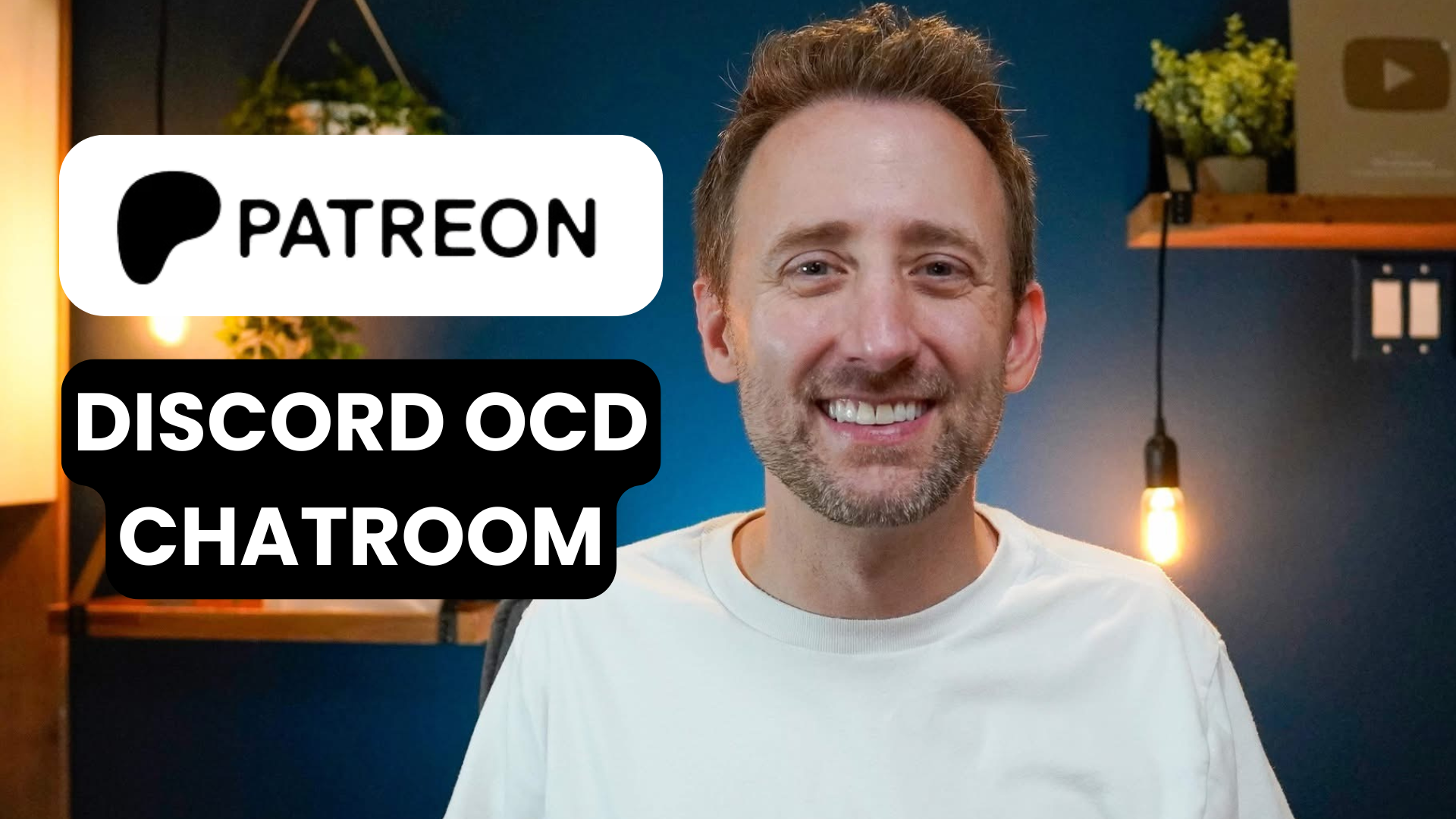Understanding Real Event OCD: A Hidden Struggle with Guilt
May 25, 2025
Real Event OCD is a lesser-known but deeply distressing form of Obsessive-Compulsive Disorder (OCD). Unlike common portrayals of OCD that focus on cleanliness or order, Real Event OCD centers on guilt and anxiety over actual events from the past—things that truly happened, but are now being replayed endlessly in the mind.
Let’s take a closer look at what this condition is, how it affects daily life, and what can help.
What Is Real Event OCD?
Real Event OCD involves unwanted, repetitive thoughts about a real incident that occurred in the past. This could be something minor, like saying something rude years ago, or more serious, such as making a poor decision that affected someone else. While the event itself happened, the level of guilt and the mental distress it causes are often far beyond what most people would feel in a similar situation.
People with Real Event OCD often question their morals and intentions: “Did I mean to hurt that person?” “Am I a bad person because of what I did?” “Should I confess this to someone?” These thoughts can become overwhelming and constant.
It’s Not Just Regret—It’s a Cycle
Everyone reflects on past mistakes from time to time. However, Real Event OCD turns these reflections into a cycle of obsession and compulsion.
-
Obsessions are the repeated, unwanted thoughts about the event.
-
Compulsions are the mental or physical actions the person takes to feel better. This could include excessive apologizing, confessing the incident repeatedly, or seeking reassurance from friends and family.
The goal of the compulsions is to relieve guilt or anxiety, but the relief never lasts. Soon, the thoughts come back even stronger, leading to more distress.
The Impact on Daily Life
Real Event OCD can quietly affect every part of a person’s life. They may avoid social situations for fear of judgment. They might struggle to concentrate at work or school due to intrusive thoughts. Relationships can also become strained, especially if the person repeatedly seeks reassurance or feels the need to confess things their partner may not understand.
In many cases, people try to "solve" the memory, going over every detail in their mind to find certainty. Unfortunately, the brain never finds a satisfying answer. Instead, the doubt grows, and the anxiety gets worse.
Common Misunderstandings
One of the hardest things about Real Event OCD is that others may not recognize it as OCD at all. Friends and family may say things like, “That happened so long ago,” or “It wasn’t even a big deal,” which can make the person feel even more isolated.
What’s important to understand is that the level of guilt and self-blame doesn’t match the actual situation. That’s what makes it OCD—not the event itself, but the obsessive thinking and compulsive behaviors that follow.
Finding Support and Moving Forward
Real Event OCD is treatable. The most effective approach is a type of therapy called Exposure and Response Prevention (ERP). This therapy helps people face their thoughts without doing the usual compulsions. Over time, this reduces the power of the intrusive thoughts and builds emotional resilience.
In some cases, medication can also help reduce the intensity of symptoms, especially when combined with therapy.
If you or someone you know is struggling with overwhelming guilt about a past event, it’s worth seeking help. Real Event OCD may not be widely known, but for those who live with it, the struggle is very real—and so is the hope for recovery.



